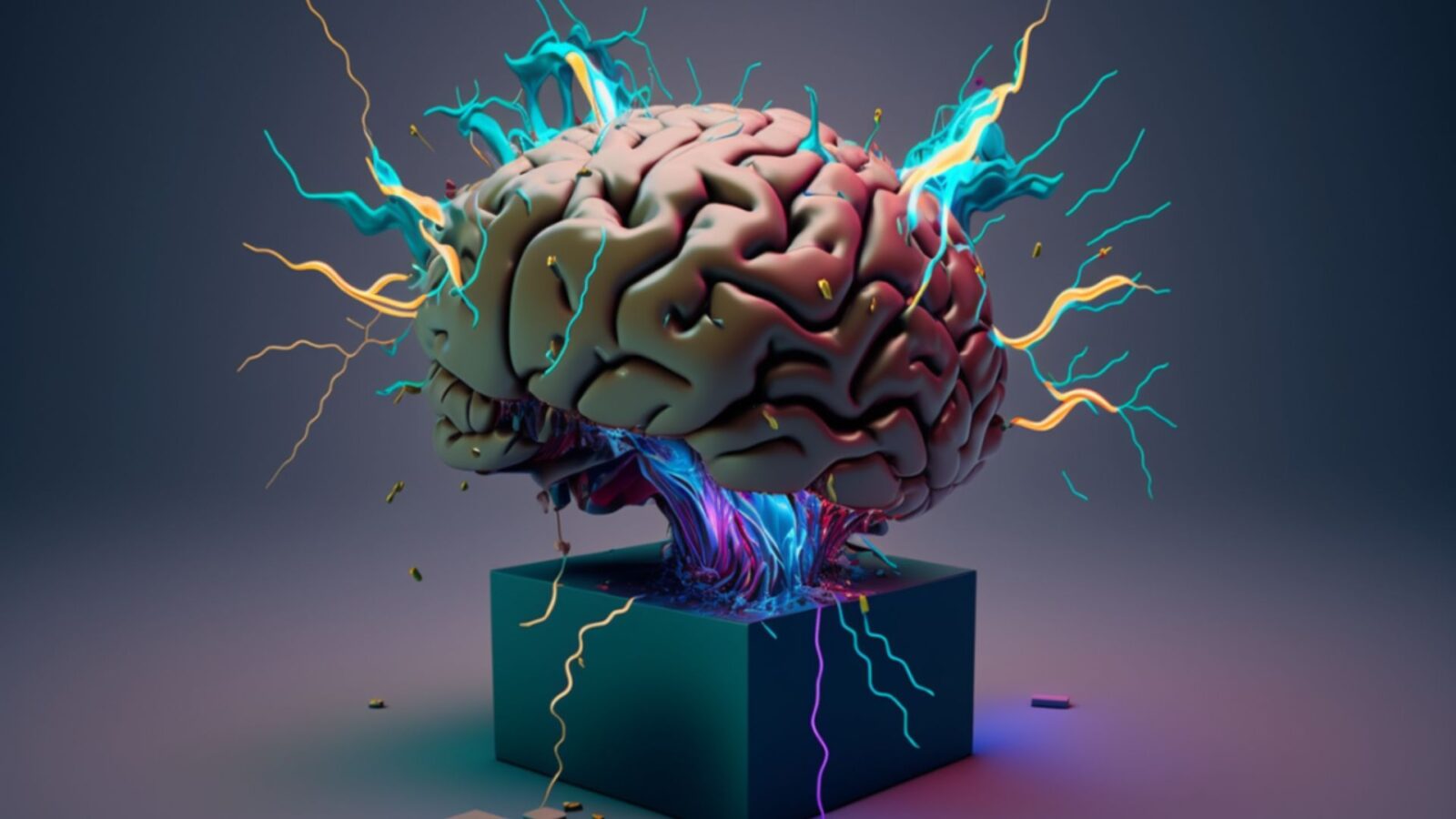Mental fatigue is a common problem in today’s fast-paced world. It can leave you feeling exhausted, unfocused, and emotionally drained, even if you haven’t been doing physical labor. Managing mental fatigue effectively can improve your productivity, emotional well-being, and overall quality of life. In this blog, we’ll explore the top 10 ways to combat mental fatigue and restore mental clarity on a daily basis.
1. Establish a Healthy Routine
Creating a consistent routine allows your mind to function more efficiently. When you have set patterns, like sleeping, eating, and working at specific times, your brain doesn’t need to waste energy making unnecessary decisions. The structure also helps you maintain a balanced lifestyle, reducing the chances of burnout.
Tips to Apply:
- Follow a morning and evening routine that works for you.
- Include mindfulness activities like journaling or planning your day.
- Keep work hours separate from personal time.
2. Get Quality Sleep
Sleep is crucial for mental restoration. When you don’t get enough quality sleep, your brain struggles to process information efficiently, leading to increased mental fatigue. Aim for 7–9 hours of sleep each night and stick to a consistent sleep schedule to avoid irregularities in your circadian rhythm.
Tips to Improve Sleep:
- Avoid screens at least 30 minutes before bedtime.
- Maintain a cool, dark, and quiet bedroom.
- Develop a relaxing bedtime ritual, such as reading or meditation.

3. Take Regular Breaks
Working for long periods without breaks can deplete your mental energy. Incorporating short breaks throughout the day allows your brain to recharge and refocus, which can enhance productivity and reduce fatigue.
Tips to Implement Breaks:
- Follow the Pomodoro Technique (25 minutes of work followed by a 5-minute break).
- Use breaks to stretch, hydrate, or get some fresh air.
- Avoid social media during breaks to prevent mental overstimulation.
4. Practice Mindfulness and Meditation
Mindfulness techniques help you stay present in the moment, preventing your mind from wandering into stressful thoughts. Regular meditation also reduces stress and improves your cognitive abilities, making it an effective tool against mental fatigue.
How to Get Started:
- Start with 5-10 minutes of guided meditation daily using apps like Headspace or Calm.
- Practice mindful breathing exercises when feeling overwhelmed.
- Use grounding techniques to bring your focus back to the present.
5. Stay Hydrated and Eat Brain-Boosting Foods
Your brain needs proper hydration and nutrition to function effectively. Dehydration and poor dietary habits can significantly contribute to mental fatigue. Incorporating foods rich in antioxidants, healthy fats, and vitamins can help sustain your mental energy.
Foods to Include:
- Fatty fish (salmon, tuna) rich in omega-3 fatty acids.
- Dark chocolate and blueberries for antioxidants.
- Nuts and seeds for healthy fats and magnesium.
Additional Tip: Drink water consistently throughout the day and avoid excess caffeine, which can lead to energy crashes.
6. Manage Screen Time Wisely
Prolonged exposure to screens can strain your eyes and increase mental exhaustion. Digital devices emit blue light, which interferes with melatonin production, affecting your sleep and overall cognitive function.
Ways to Manage Screen Time:
- Use blue light filters or wear blue light glasses.
- Take breaks following the 20-20-20 rule: Every 20 minutes, look at something 20 feet away for 20 seconds.
- Set limits on non-essential screen use during leisure time.
7. Engage in Physical Activity
Physical movement is not only good for your body but also essential for mental health. Exercise releases endorphins, the “feel-good” hormones that improve your mood and reduce stress, combating mental fatigue effectively.
Exercise Ideas:
- Take a brisk walk during lunch breaks.
- Do light yoga or stretching exercises in the morning.
- Engage in any activity you enjoy, such as dancing, swimming, or cycling.

8. Organize Your Tasks with Prioritization
Trying to multitask or juggling too many responsibilities can lead to mental overload. Organizing your tasks and focusing on priorities helps you manage your workload more efficiently and reduces cognitive exhaustion.
Effective Strategies:
- Create a daily to-do list and highlight 3-5 top priorities.
- Use time management techniques like time blocking.
- Break down large tasks into smaller, manageable chunks.
9. Connect with Others
Social interaction provides emotional support and helps reduce mental stress. When you talk to someone you trust, it can offer a fresh perspective on your problems and alleviate feelings of isolation.
How to Stay Connected:
- Set aside time to talk with friends and family daily.
- Join social groups or engage in community activities.
- Seek professional help if mental fatigue persists over time.
10. Practice Self-Compassion
It’s easy to be hard on yourself when you feel mentally drained. However, practicing self-compassion by accepting your limitations and being kind to yourself can help reduce the emotional burden associated with mental fatigue.
Tips to Practice Self-Compassion:
- Replace self-criticism with positive affirmations.
- Allow yourself to take breaks without guilt.
- Celebrate small accomplishments, even if progress seems slow.
Conclusion
Mental fatigue is a natural response to prolonged cognitive and emotional stress, but it doesn’t have to control your life. By adopting healthy daily habits—like proper sleep, breaks, exercise, and mindfulness—you can significantly reduce mental exhaustion. Remember, it’s okay to slow down and care for yourself when needed. Implementing these strategies consistently will help you stay mentally sharp, focused, and energized every day.
Take the first step today and commit to small, actionable changes. Your mind deserves care and attention, just like your body.






















Leave a Reply